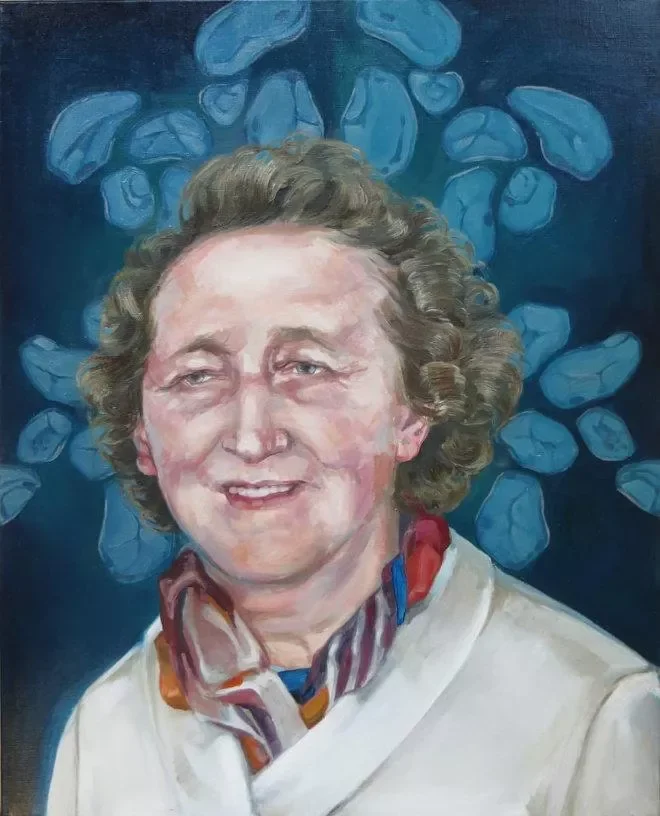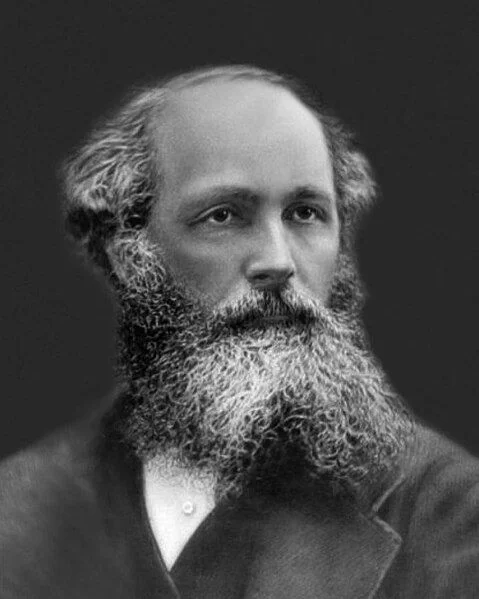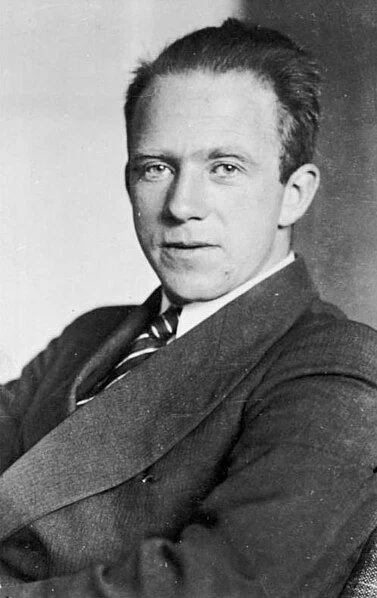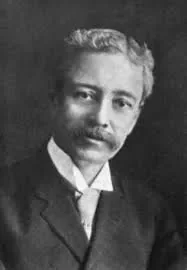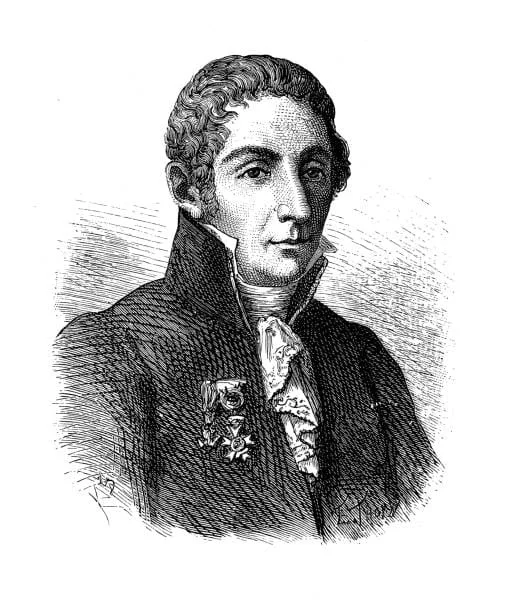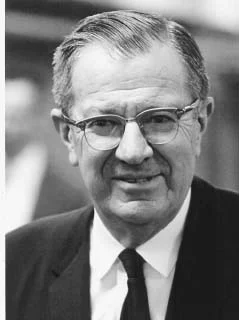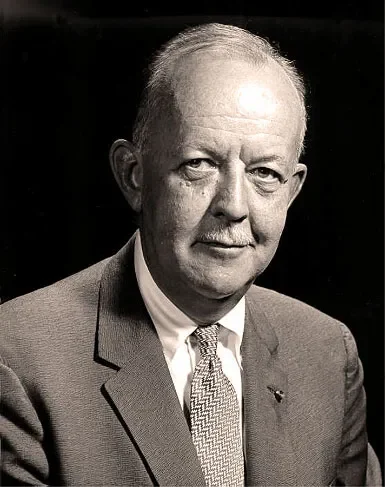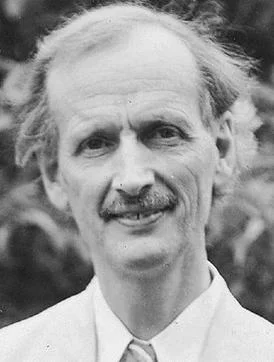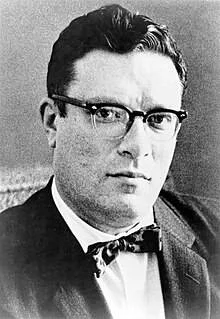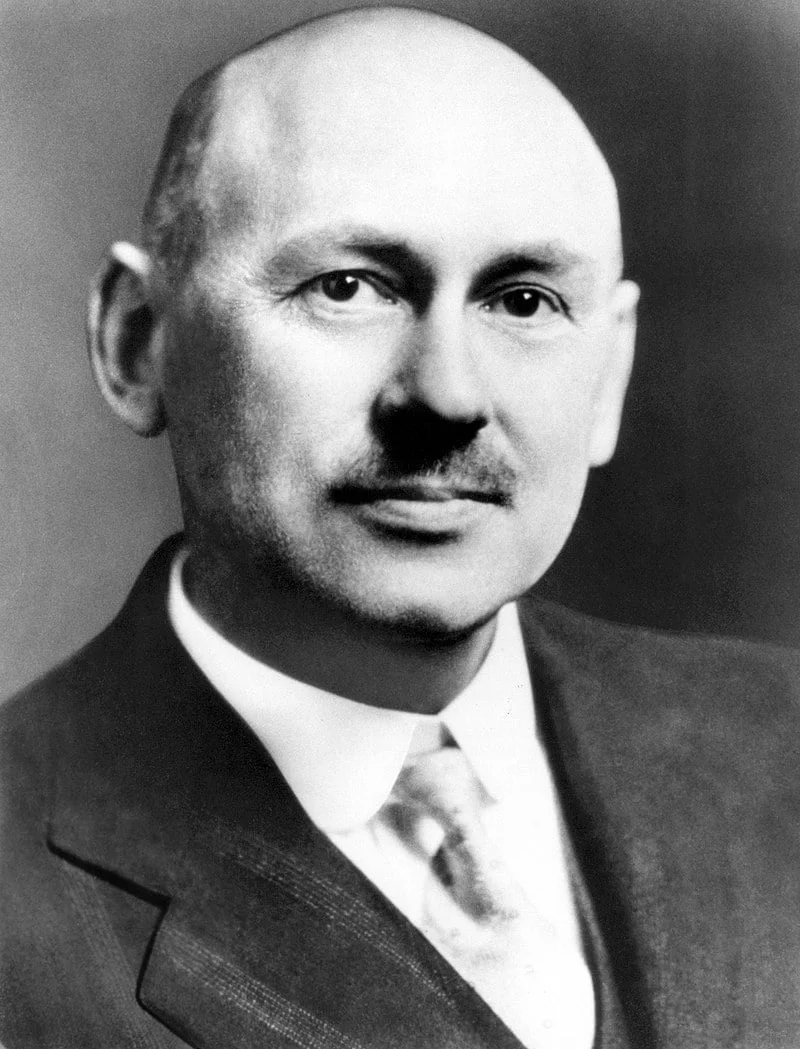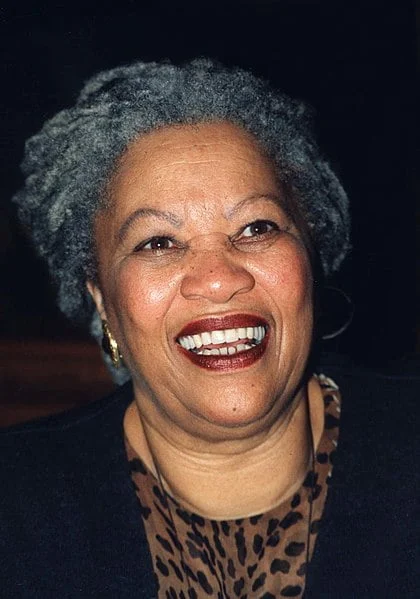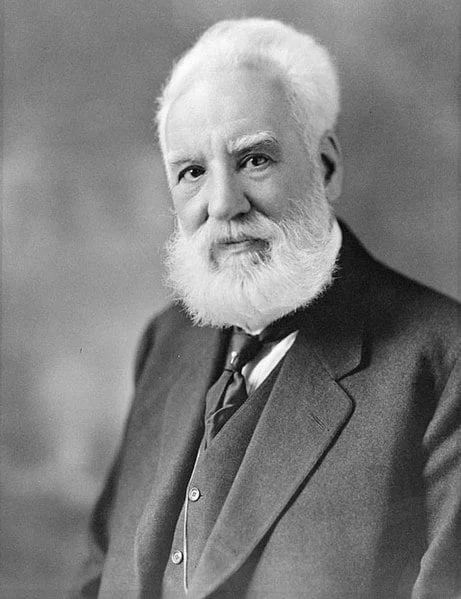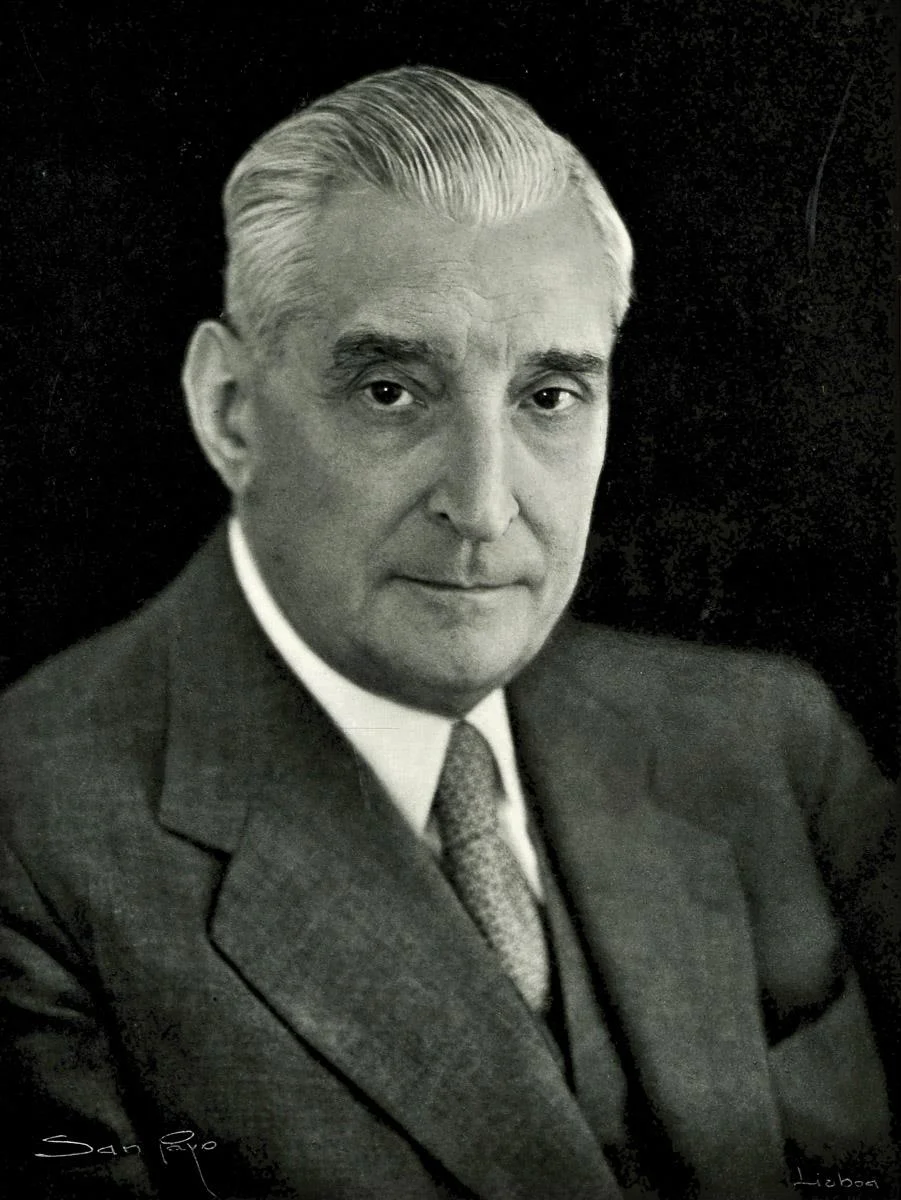Real Celebrities Never Die!
OR
Search For Past Celebrities Whose Birthday You Share

source:wikipedia.org
Joseph Gilbert Hamilton
Birthday:
11 Nov, 1907
Date of Death:
18 Feb, 1957
Cause of death:
Leukemia
Nationality:
American
Famous As:
Professor
Age at the time of death:
49
Joseph Gilbert Hamilton's Quote's
Introduction to Joseph Gilbert Hamilton
Joseph Gilbert Hamilton was an American physician, biophysicist, and radiation researcher who was best known for his controversial experiments on human subjects using radioactive isotopes, which had both beneficial and harmful effects on the field of medicine and nuclear science.
Early Life and Education
Hamilton was born on November 11, 1907, in Santa Barbara. He was the son of Gilbert and Mary Hamilton.
He had his early education in Santa Barbara. Hamilton later attended the University of California, where he graduated in 1929.
Medical Education and Early Career
After obtaining a degree in chemistry, Hamilton embarked on pursuing his medical degree in Berkeley. He was opportune to intern at the University of California Hospital, San Francisco, where he developed an interest in the biological effects of radiation.
Joining the Radiation Laboratory
He joined the Radiation Laboratory at Berkeley in 1936 before becoming an associate professor of medical physics in 1941.
Experiments with Radioactive Materials
Hamilton conducted several experiments on human subjects using radioactive materials. Some of these experiments aimed at developing treatments for cancer and other diseases, while others were part of the Manhattan Project.
Self-Experimentation and Ethical Controversies
Hamilton also experimented on himself and his colleagues by exposing them to various doses of radiation, which caused them to develop radiation-induced illnesses.
Hamilton’s experiments contributed to the advancement of nuclear medicine and radiobiology but also raised ethical questions about the consent and safety of human subjects. Some of his subjects were terminally ill patients who agreed to participate in the experiments in exchange for medical care, while others were prisoners, soldiers, and civilians who weren’t fully informed of the risks associated with the experiments.
Personal Life and Legacy
Joseph Hamilton was married to Leah Rinnie. Unfortunately, before his death, Hamilton suffered from leukemia. He eventually died from the disease in 1957.
Name:
Joseph Gilbert Hamilton
Popular Name:
Joseph Gilbert Hamilton
Gender:
Male
Cause of Death:
Leukemia
Spouse:
Place of Birth:
Santa Barbara
Place of Death:
Berkeley, California
Occupation / Profession:
Personality Type
Logician: Innovative inventors with an unquenchable thirst for knowledge. Joseph Gilbert Hamilton’s constant need to analyze and derive solutions led him to experiment on himself and even his colleagues
As part of the Manhattan Project, Hamilton led controversial human trials injecting plutonium into unsuspecting patients to study its effects, raising significant ethical concerns
Hamilton died from leukemia at the young age of 49, with his death officially recorded as an industrial accident due to his work with radiation.
Hamilton was among the first to inject a person intravenously with a radioisotope in 1936, pioneering the use of radioisotopes in medicine.
He developed the use of radioiodine for diagnosing and treating thyroid disorders, which became a significant advancement in medical applications of radiation.
His name was added to the Monument to the X-ray and Radium Martyrs of All Nations in Hamburg, Germany, posthumously recognizing his contributions and sacrifice in radiation research
Joseph Gilbert Hamilton directed biomedical research at the Berkeley site of the Manhattan Project.
Became director of the Crocker Radiation Laboratory at the University of California, Berkeley in 1948.
Conducted groundbreaking research on the toxicity and metabolism of plutonium and other radioactive elements.
Developed the use of radioiodine for diagnosing and treating thyroid disorders.
Directed biomedical research at the Berkeley site of the Manhattan Project during World War II.
His name was added to the Monument to the X-ray and Radium Martyrs of All Nations in Hamburg, Germany, posthumously recognizing his contributions to radiation research.
Joseph Gilbert Hamilton directed biomedical research at the Berkeley site of the Manhattan Project.
Pioneered the use of radioisotopes in medicine, being among the first to inject a person intravenously with a radioisotope in 1936.

